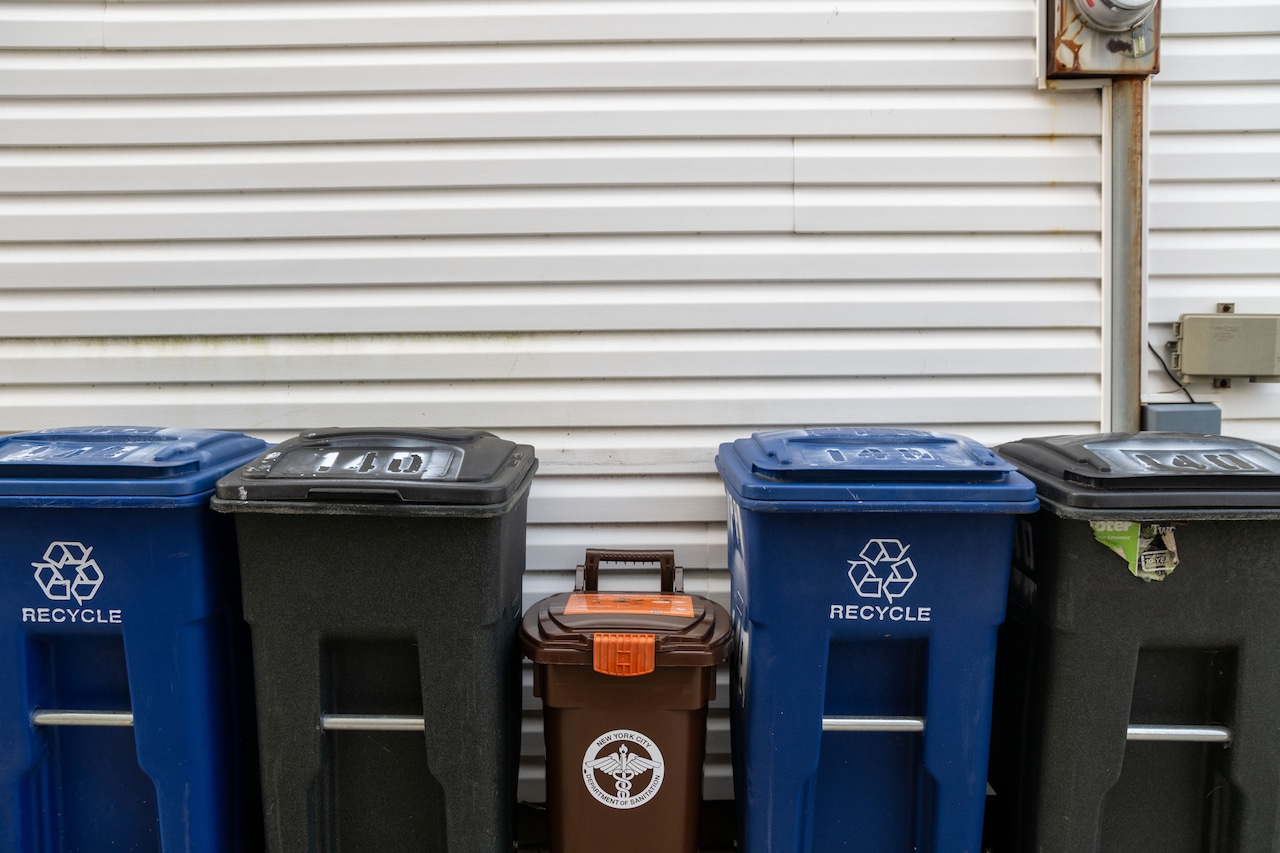STATEN ISLAND, N.Y. — South Shore Councilmember Frank Morano plans to introduce a bill aimed at protecting small property owners and neighborhood businesses from the city Department of Sanitation’s controversial new trash containerization mandate.
In 2024, Mayor Eric Adams and then DSNY Commissioner Jessica Tisch implemented the new trash containerization mandate, which requires buildings to use bins for trash instead of bags to reduce pests and litter while improving quality of life.
The new rules were put in place for properties with one to nine residential units, as well as special-use buildings receiving DSNY collection – including city agencies, nonprofits, houses of worship, and professional offices in residential buildings. New Yorkers who don’t comply with the containerization rules will face penalties. Fines start at $50 for a first offense and rise to $100 and $200 for subsequent violations.
Morano’s bill, which he plans to introduce on Oct. 29, would create a waiver process for small, mixed-use buildings that don’t have legal or safe space for trash bins. Many of these older properties were built directly to the sidewalk, leaving tenants without access to front, side, or rear yards.
Morano expressed his reasoning for the bill, stating, “a lot of small property owners and local businesses are being told to follow rules that are physically impossible to comply with. I’ve heard from deli owners, barbers, and landlords who have no alley, no yard, no storage space — but are still getting fined for not having a place to put these bins. That’s not good government; that’s bureaucracy gone wild.”
Under the proposal, DSNY would have 60 days to review waiver applications, create an online application portal, and allow appeals through the Office of Administrative Trials and Hearings (OATH). Buildings granted waivers would display a DSNY-issued sticker, and the agency would be required to conduct outreach to inform owners and tenants about the new process.
The bill would also protect property owners who were ticketed, Morano said. The bill calls for violations issued to buildings that later qualify for a waiver to be dismissed, and those cited afterward could recover reasonable costs and attorney’s fees.
“The bill creates a fair, common-sense waiver process so those buildings can be exempted if they truly have nowhere to store the bins safely or legally,” Morano said. “The goal is to keep the city clean and treat people fairly.”
If you purchase a product or register for an account through a link on our site, we may receive compensation. By using this site, you consent to our User Agreement and agree that your clicks, interactions, and personal information may be collected, recorded, and/or stored by us and social media and other third-party partners in accordance with our Privacy Policy.

